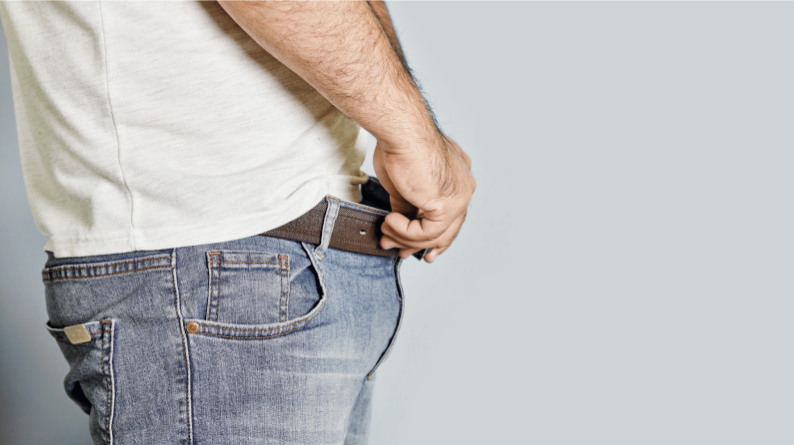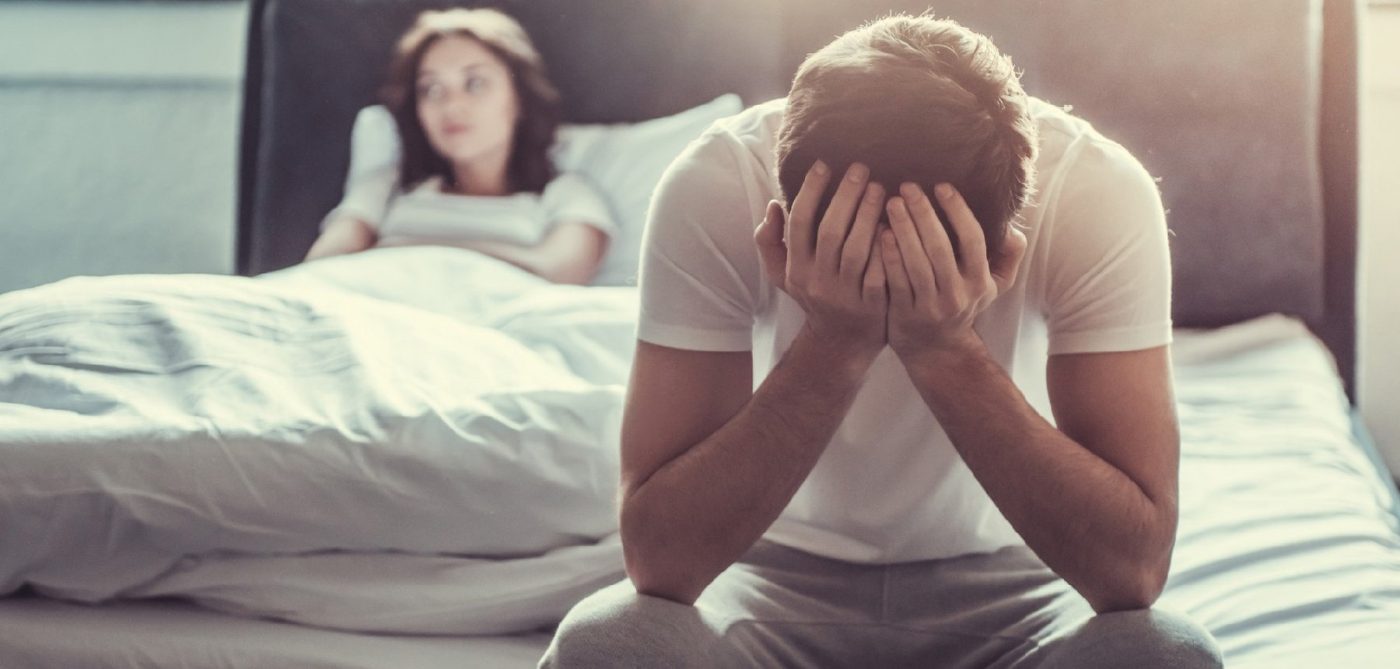Erectile Dysfunction (ED)
Premature Ejaculation: Medical treatment options available
Premature ejaculation (PE) is a common sexual health issue that can affect men of various ages, significantly impacting their quality of life and sexual satisfaction. Fortunately, there are several medical treatment options available that have shown efficacy in managing and treating this condition
1. Unlocking the mystery of Premature Ejaculation
- Psychological factors is anxiety, stress, and depression are significant psychological contributors to PE. The fear of sexual failure can create a vicious cycle, where anxiety leads to PE, and PE leads to further anxiety. Addressing these underlying issues through therapy can often help men gain more control over ejaculation.
- Biological and physiological factors can also play a role, including abnormal hormone levels, abnormal levels of brain chemicals called neurotransmitters, inflammation and infection of the prostate or urethra, and genetic predispositions
- Relationship dynamics can contribute to PE. Communication problems, emotional dissatisfaction, and unresolved conflicts can heighten stress and worsen the condition. Couples therapy may be beneficial in these cases, helping both partners understand and address the underlying issues.
Understanding the intricate interplay of psychological and physiological elements is pivotal in devising effective interventions. Seeking guidance from medical professionals ensures a nuanced and personalized approach to address this nuanced issue.

2. Managing Premature Ejaculation
Addressing premature ejaculation can be effectively achieved through non-pharmacological interventions, employing the following anti-premature ejaculation strategies:
Behavioral Techniques
- Stop-Start Technique involves stimulation until you are close to climax, then stopping to allow the arousal to decrease before starting again. This process can help you learn to control your ejaculatory reflex.
- Squeeze Technique before reaching the point of no return, the penis is squeezed at the base of the head, temporarily decreasing sexual tension and delaying ejaculation.
Psychological Therapy
- Cognitive Behavioral Therapy (CBT) can address underlying issues such as performance anxiety, depression, or stress that may contribute to PE.
- Sexual Therapy may involve exercises with your partner to reduce performance pressure and increase mutual satisfaction.
- Couples Counseling helps address any relationship issues that might contribute to PE, improving communication and sexual intimacy.
Medication Treatments
- Selective Serotonin Reuptake Inhibitors (SSRIs) these antidepressants can delay ejaculation when taken a few hours before intercourse or daily. Topical Anesthetics creams or sprays applied to the penis reduce sensitivity and can help delay ejaculation without removing pleasurable sensations entirely.
- Avanafil (Spedra): Avanafil is one of the newest ED medications on the market, known for its fast onset of action, often as quick as 15 minutes after taking the pill. It’s an option for those seeking quicker results
- Sildenafil (Viagra): One of the most well-known ED medications, sildenafil works by increasing blood flow to the penis to help maintain an erection. It’s effective for many men with ED and typically starts working within 30 to 60 minutes
- Vardenafil (Levitra): Similar to sildenafil, vardenafil enhances blood flow to the penis but may offer some benefits in terms of side effects and efficacy for certain men. It’s known for a slightly faster onset of action compared to sildenafil
- Tadalafil Daily (Cialis Daily): A lower-dose version of tadalafil taken daily to allow for spontaneous sexual activity without the need to plan ahead for taking a pill. It’s suitable for men who are sexually active two or more times a week
Each of these medications has its own set of potential side effects, interactions, and considerations, so it’s crucial to consult a healthcare professional before starting any new medication for ED. They can help determine the most suitable treatment based on your health condition, lifestyle, and preferences. Always obtain these medications from reputable sources to ensure their safety and efficacy.
Lifestyle Adjustments
- Exercise regular physical activity can improve your cardiovascular health, reduce stress, and enhance overall sexual performance.
- Balanced diet rich in vegetables, fruits, whole grains, and lean proteins can support overall health and mitigate some of the physiological factors contributing to PE.
- Mindfulness and Relaxation Techniques like meditation, yoga, and deep breathing exercises can help manage stress and anxiety related to sexual performance.
Medical Devices and Professional Consultation
- Condoms with Desensitizing Lubricants can decrease penile sensitivity to prolong ejaculation without significantly impacting sexual pleasure.
- Consulting with a healthcare provider is essential to identify the underlying cause of PE and receive tailored treatment. This may include referrals to specialists such as urologists or sex therapists.
- Often, a combination of treatments (such as medication with behavioral therapy) is more effective than any single approach.
Pelvic Floor Exercises
Squeeze the muscles up to 10 times while standing, sitting or lying down. Do not hold your breath or tighten your stomach, bottom or thigh muscles at the same time. When you get used to doing pelvic floor exercises, you can try holding each squeeze for one second.
Performing pelvic floor exercises will also strengthen and improve tone in the pubococcygeus. Pelvic floor muscle training will also help delay ejaculation time and improve overall sexual function. You may need to persevere for 4–6 weeks before you notice a difference in your erections.


